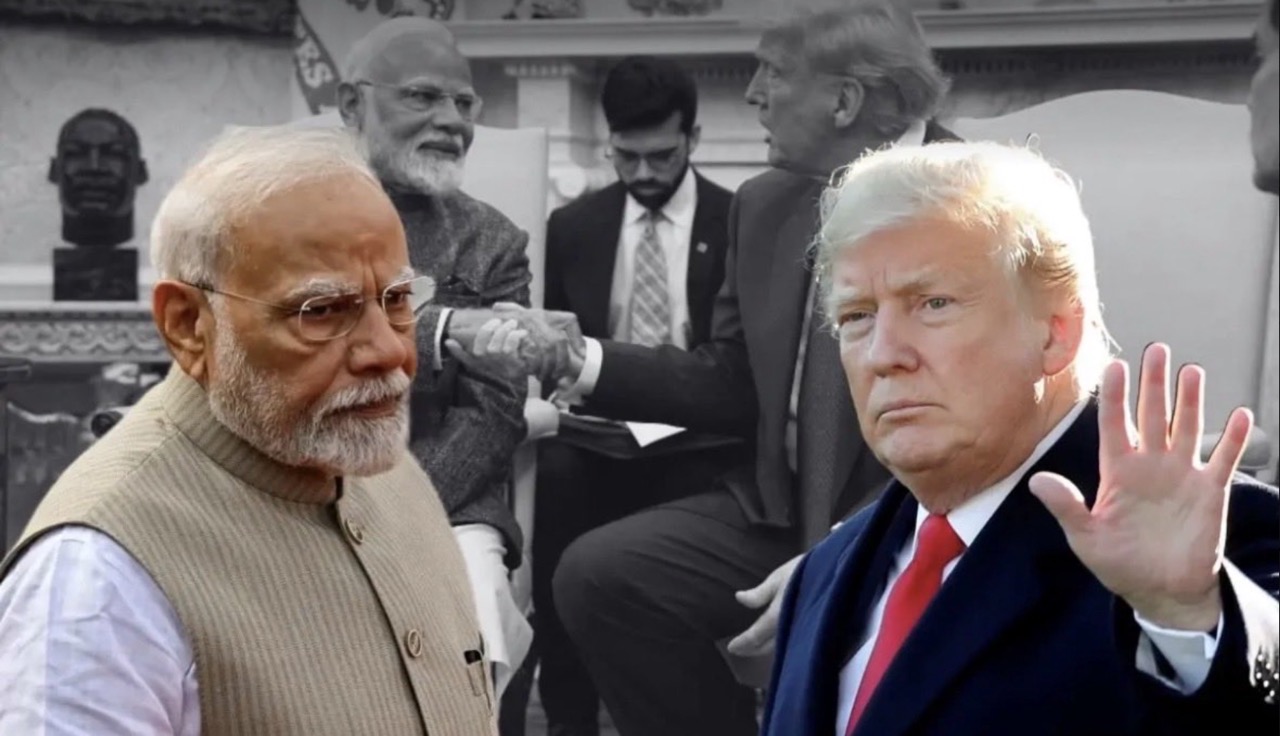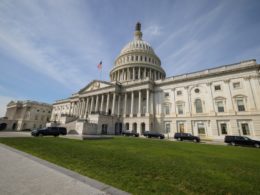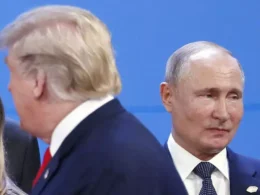Indian refiners report no reduction in Russian crude purchases despite US assertions of a major cut, exposing the gap between Trump's diplomatic statements and the reality on the ground.
Trump said on 15 October that Indian Prime Minister Narendra Modi had promised to halt Russian oil purchases. The next day, a White House official told Reuters that refiners were already cutting Russian oil imports by 50%. Indian industry sources immediately contradicted both claims, saying no reduction appeared in shipment data. Russia supplies about 35% of India's total oil imports—revenues that directly fund its war against Ukraine.
No government orders for refiners
The Indian government has issued no formal directive to refiners about cutting Russian imports, three sources told Reuters. Refiners have already placed orders for November loading that include cargoes for December arrival, meaning any potential cuts could not materialize before year-end.
India's Foreign Ministry offered no confirmation of the White House's 50% claim. Spokesperson Randhir Jaiswal said on 17 October he was "not aware of any conversation" between Trump and Modi on 15 October, contradicting the US President's account. The ministry stated only that "it has been our consistent priority to safeguard the interests of the Indian consumer in a volatile energy scenario."
Russian officials dismiss US pressure
Russian Deputy Prime Minister Alexander Novak said on 16 October that Moscow remains confident India will continue energy cooperation. "We continue to cooperate with our friendly partners. Our energy resource is in demand, it is economically profitable, expedient, and I am confident that our partners will continue to work with us," Novak stated. He noted that reports about terminating India's oil purchases appear only in the press and don't reflect New Delhi's official position.
Kremlin spokesman Dmitry Peskov told reporters Moscow relies on official statements from New Delhi and Beijing regarding oil purchases. The comments came despite Moscow's weakening position: Russia has been forced to accept rupee payments and offer steep discounts, according to Euromaidan Press reporting from earlier developments in this story.
Imports rose in early October despite US pressure
- Russian oil imports to India increased to approximately 1.8 million barrels per day in early October, up from 1.6 million bpd in September, according to preliminary Kpler data. The rise came as refineries returned to full capacity to meet festive season demand.
- Trump imposed 50% tariffs on Indian goods in August, with half specifically targeting Russian oil purchases, as Euromaidan Press previously reported. Russian oil accounts for roughly 35% of India's total imports, making Moscow India's largest supplier.
- The tariffs have already reduced Indian exports to the US by 20% in September and nearly 40% over four months, according to Global Trade Research Initiative data.





